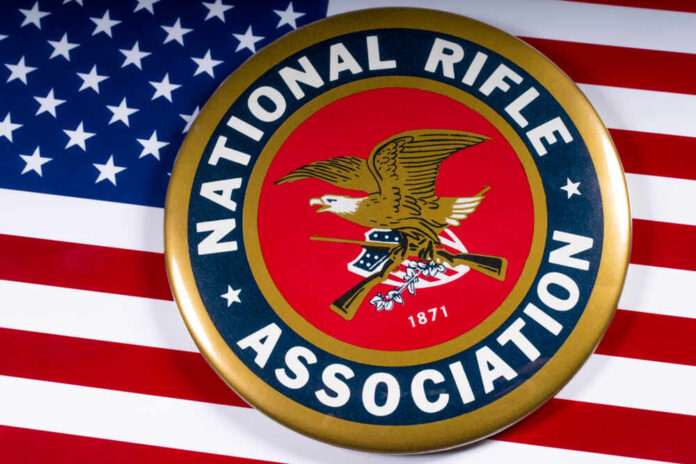
The National Rifle Association scored a victory in court on behalf of the nation’s hunters last week.
According to reports, the 9th Circuit Court of Appeals issued a unanimous ruling against a trio of environmentalist groups — the Sierra Club, the Grand Canyon Wildlands Council, and the Center for Biological Diversity — claiming that lead ammunition poses a risk to wildlife and should be banned within the Kaibab National Forest.
This case affirmed that the states have primary responsibility over wildlife management, including all aspects related to hunting. https://t.co/eAUL9Fnkwr
— NRA (@NRA) September 2, 2023
This debate goes back more than a decade, at which point the Center for Biological Diversity sued the U.S. Forest Service for allegedly violating federal conservation law by allowing lead ammunition to be used in the national forest.
Along with the NRA and two hunting organizations, the U.S. Forest Service went to court to argue in favor of allowing hunters to use such ammunition on the federal land.
Upon hearing arguments from both sides, the appeals court panel noted that even the environmentalist groups acknowledged the federal agency is “not the source of any lead ammunition found in the Kaibab,” explaining that the only remaining question to answer in the case is “whether a person who has some power to prevent someone else from contributing to the handling, storage, treatment, transportation, or disposal of hazardous waste is liable.”
The court found that there is no such liability found within the law.
“A decision by an agency not to regulate — whether the lack of regulation represents a conscious decision or a lack of initiative — is passive conduct,” the court determined. “In and of itself, nonregulation contributes nothing to the disposal of hazardous waste.”
Michael Jean, who heads the Office of Litigation Council within the NRA’s Institute for Legislative Action, issued a statement touting the importance of the decision.
“This case affirmed that the states have primary responsibility over wildlife management, including all aspects related to hunting,” he said. “Courts will not entertain ‘failure-to-regulate’ lawsuits against the federal government for merely honoring state hunting laws. It’s also a rejection of an attempt to apply a federal law that was designed to regulate large-scale commercial-waste disposal to ordinary American hunters.”
































